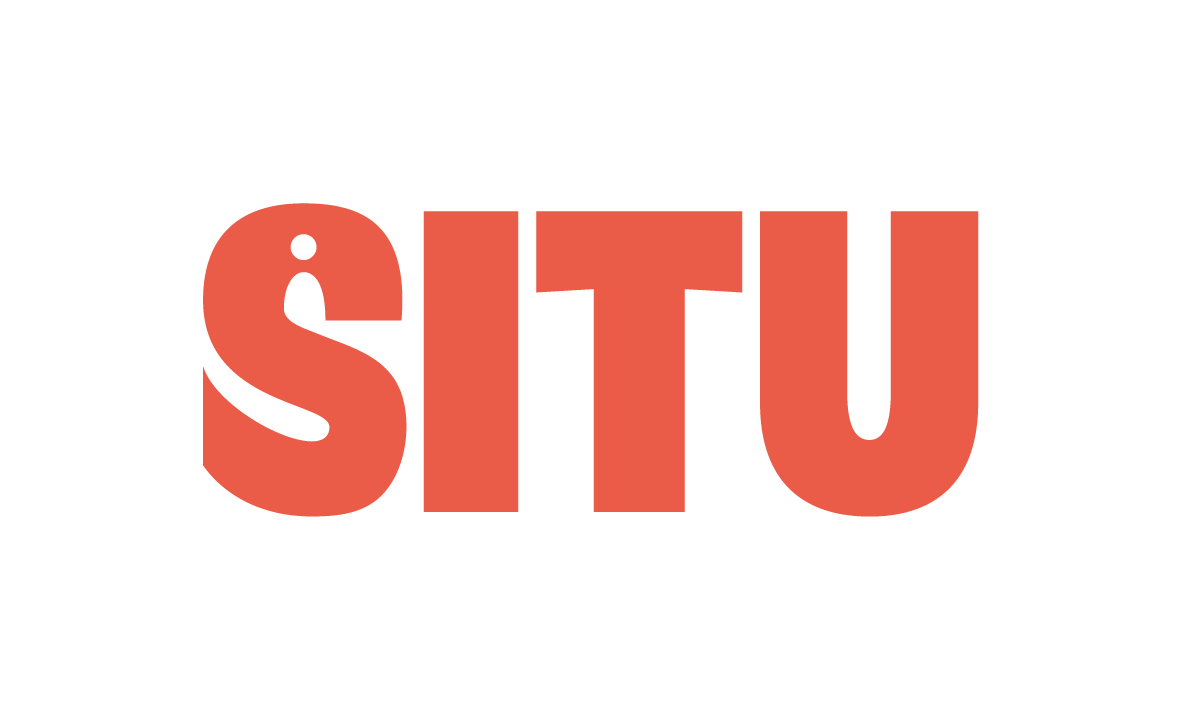Rising energy bills is an ongoing and current topic as soaring price increases continue to impact not only our home lives, but also the companies and organisations around us.
The hospitality sector is, of course, no exception to the impact of these increases, with escalating costs challenging its very raison d’etre of offering warm, comfortable, and welcoming environments. Given the situation, we felt it would be useful to conduct some research across our global supply chain of trusted extended stay accommodation partners to establish the likely impact of raised energy prices, and what steps partners are taking to mitigate any increases.
We have collated the findings and output from the survey into a Situ white paper which can be accessed here.
Unsurprisingly, 75% of accommodation partners who replied stated that they would be looking to increase rates, with an estimated rise of between 10% and 25%. Rate increases are the preferred method for 70%, rather than a possible energy surcharge.
In terms of mitigating costs, 77% of all respondents said they would be putting awareness programmes in place to encourage guests to be mindful and efficient with their energy usage. Ideas ranged from friendly reminders at check in through to signage within the accommodation.
When asked about creative and collaborative ways to tackle the challenge, suggestions included the collective negotiation of rates with energy providers; seeking support from the government in terms of VAT reductions; tax breaks; energy caps for businesses of all sizes; and overall clarity on the way forward.

Our MD, Phil Stapleton, says, “We felt it was essential that we conduct this research, given the ongoing impact on our sector of the energy crisis. It’s important that we help to manage our clients’ expectations and continue to be transparent in terms of rates and charges. We will of course, continue to negotiate the best rates possible for our clients.”
Although the urgent drive to reduce energy usage by is being powered by monetary pressures rather than environmental concerns, operational change is, of necessity, going to happen. We believe the extended stay sector now has a valuable opportunity to introduce technologies to reduce and track energy usage and to engage in conversations about sustainable sources of energy – as well as aligning operational efficiencies with strategies around Environmental, Social, and Governance (ESG) programmes.
Phil goes on to say, “Although increased accommodation costs are a possibility in 2023, we are furthering our commitment to both sustainable & cost-controlled operations throughout this year and into the future. An example of this is our planned investment in solar panels and battery technology this year which will power Situ HQ in both its current footprint and in our soon-to-be-announced expansion.”
We also took the opportunity to ask about other impacts that our partners are currently dealing with in addition to increased energy costs. Top of the list was lack of labour and resources, as cited by 50% of respondents; while 32% said that assisting staff with the cost of living was affecting their business. The value of the pound versus the dollar was given as an issue by 25% of those who replied. ‘Other’ impacts were cited by 40% of accommodation partners. These were as follows: cash flow; inflation; legislation (around short-term lets); interest rates; lack of inventory (due to law changes); and lack of demand due to rate increases.
The answers given show that the increased cost of energy is playing into some of these additional impacts and is being affected by them in turn. However, a raft of different problems apart from high energy prices do exist on the global stage and are creating a complex picture the world over.
*The survey was made up of eight questions. It was sent to over 500 accommodation partners globally in November 2022, which included both national and international partners who operate a range of buildings from aparthotels to residential buildings, as well as vacation lets.
In addition, discussion with some forty delegates to the World Travel Market conducted by Seth Hanson, Situ’s Head of Global Supply Chain, provided further insights into the situation worldwide.

